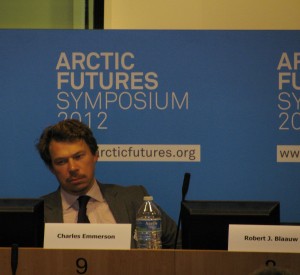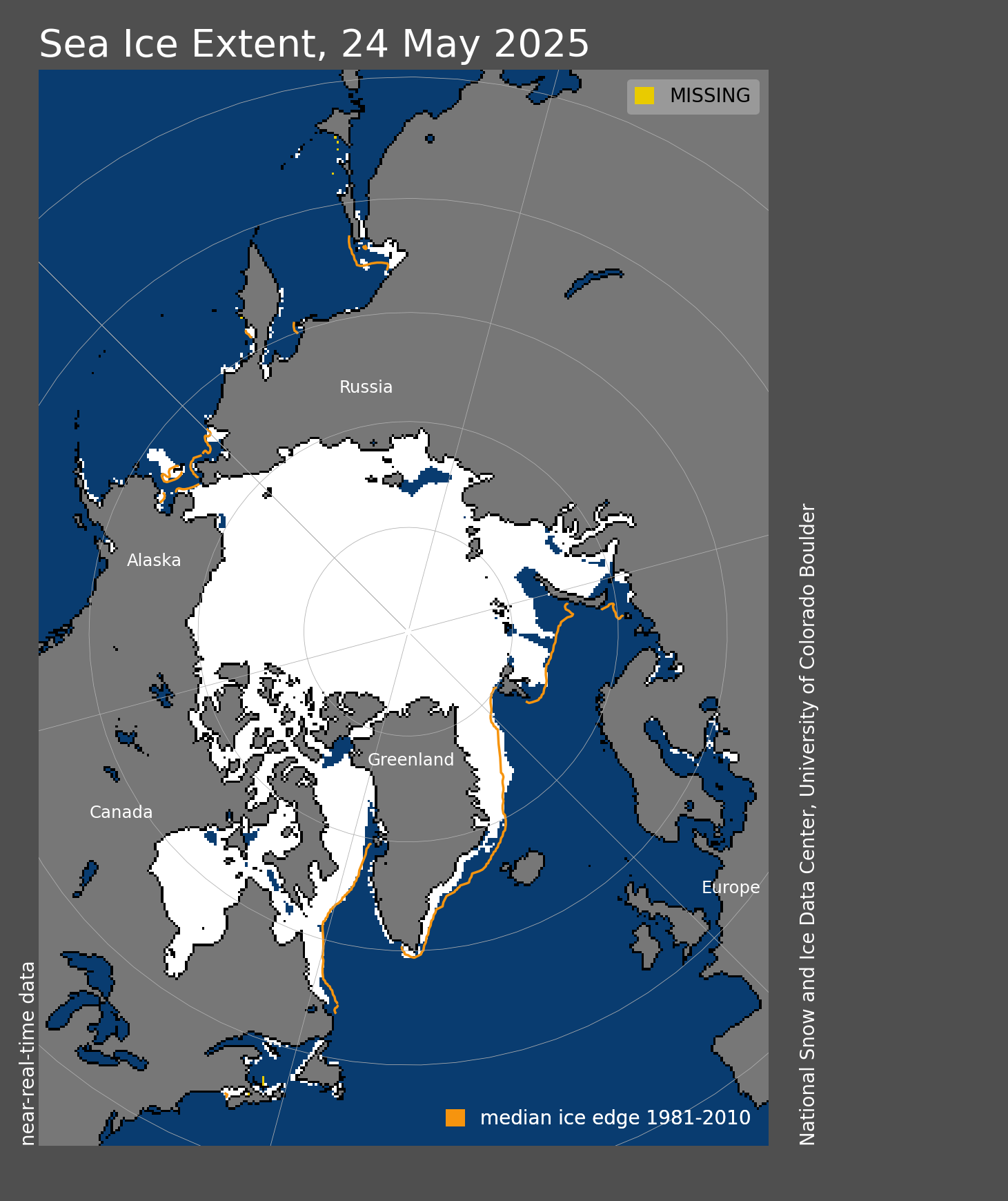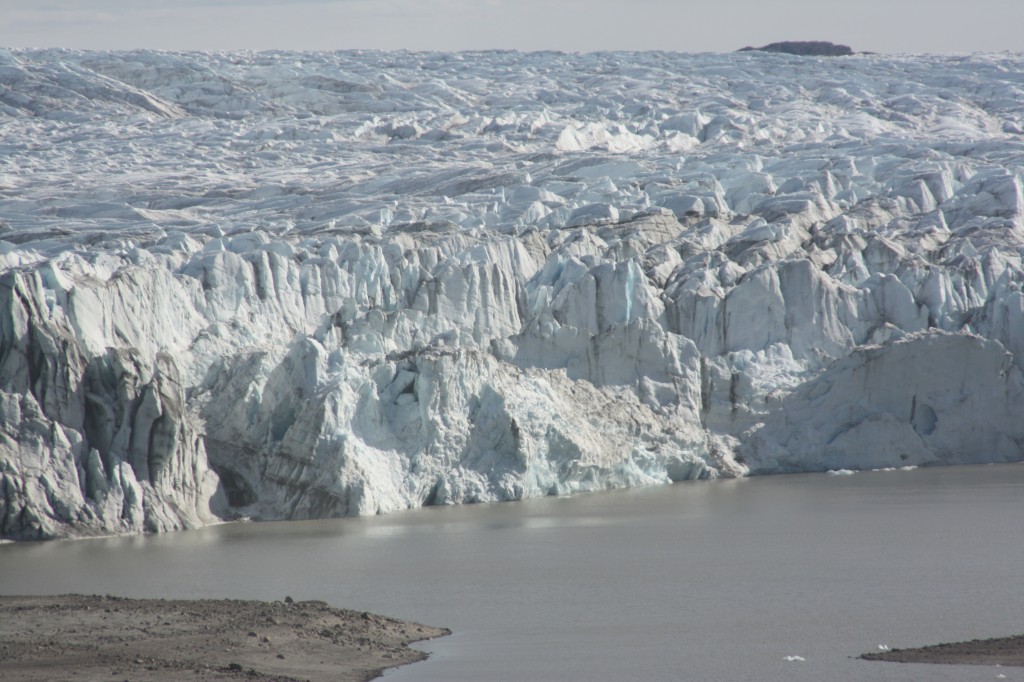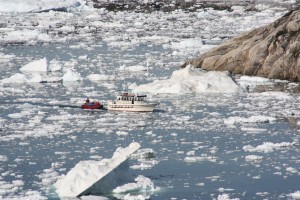Search Results for Tag: Climate
The state of the climate report
This will probably be the last blog post for a few weeks, as the Ice Blogger is looking forward to a long, relaxing holiday. Let me draw your attention to the “monthly global state of the climate reports” published by the National Climatic Data Center of NOAA.
It seems slightly bizarre to see some of the anomalies and records there for September described as “Global Highlights”, but assuming we mean highlights in terms of particularly striking events as opposed to features to rejoice about, let me give you a few for September from the NCDC report:
The average combined global land and ocean surface temperature for September 2012 tied with 2005 as the warmest September on record, at 0.67°C (1.21°F) above the 20th century average of 15.0°C (59.0°F). Records began in 1880.
The globally-averaged land surface temperature for September 2012 was the third warmest September on record, at 1.02°C (1.84°F) above average. The globally-averaged ocean surface temperature tied with 1997 as the second warmest September on record, at 0.54°C (0.97°F) above average.
The average combined global land and ocean surface temperature for January–September 2012 was the eighth warmest such period on record, at 0.57°C (1.03°F) above the 20th century average.
![]() read more
read more
Oil from the Arctic: to drill or not to drill…

Charles Emmerson listening to the presentation by Robert J. Blaauw, senior Arctic Adviser with Shell.
Is not such an easy question to answer, Charles Emmerson from the British think-tank Chatham House told the Arctic Futures conference hosted by the International Polar Foundation and the EU committee of the regions in Brussels. In a session on the future of energy resources in the Arctic, he said it depends on various factors, including geographical location, economic costs and geo-political aspects. Emmerson was co-author of a study Arctic Opening: Opportunity and Risk in the High North for Chatham House and Lloyds.
![]() read more
read more
Warming oceans mean smaller fish
Scientists at the University of British Columbia have just published a report in the journal Nature Climate Change indicating that fish will get smaller as climate change warms the oceans and reduces the oxygen available to fish in the water.
The scientists used computer models to come up with global projections. They have come to the conclusion that the maximum body weight of fish could go down by 14 to 20% between 2000 and 2050. The tropics would probably be the regions affected most.
The researchers were surprised at the large decrease the models are predicting. They think we may still be lacking some interesting “piece in the puzzle of understanding climate change effects in the ocean”, says lead author William Cheung from the UBC Fisheries Centre.
It seems likely that it would be harder for bigger fish to get enough oxygen in the water, so they would stop growing earlier. Clearly, this would have big impacts on food security. Fishy food for thought as international action still falls drastically short of what we’d need to limit warming to 2°C.
Arctic ice melt: worst fears confirmed

Arctic sea ice decline, courtest of National Snow and Ice Data Center
Well, the scientists have been predicting it for a good few weeks now. The Arctic ice has finally reached its lowest extent since satellite records began in 1979. And it could still decrease further as changing winds push ice floes together, according to the US National Snow and Ice Data Centre ISIDC. The final figures will only come in October, but the long-term downward trend in Arctic ice extent is reinforced, according to NSIDC. The ice is now 45% less than it once was.
![]() read more
read more
The Cold Edge – Visualizing polar climate impacts

The Dragon - Dave Walsh - davewalshphoto.com
On board the Greenpeace boat Esperanza at Svalbard for a story on scientists monitoring ocean acidification in 2010, I met Dave Walsh from Ireland, who was on board as Greenpeace press officer. Since then I have discovered his work as a photographer in his own right. These photos are art and appeals for environmental and climate action at the same time. Ice blog followers will enjoy his polar photos, spectacular and somehow moving. “While the frozen regions of our planet have the power to ignite imaginations, for most of the seven billion people on Earth, the Arctic and Antarctic remain abstract and unreachable”, says Dave. “ I’ve been lucky enough to voyage north and south by ship, to experience the serenity of the oceans and polar regions – and realise how finite ourplanet is.”
“The Cold Edge” exhibition of Dave’s pictures opens at The Copper House Gallery in Dublin this evening. I wish I could be there. In the meantime, those of us who can’t be there in person can share some inspiration and (aesthetic) food for thought online. The British newspaper the Guardian also features the pictures.






















Feedback